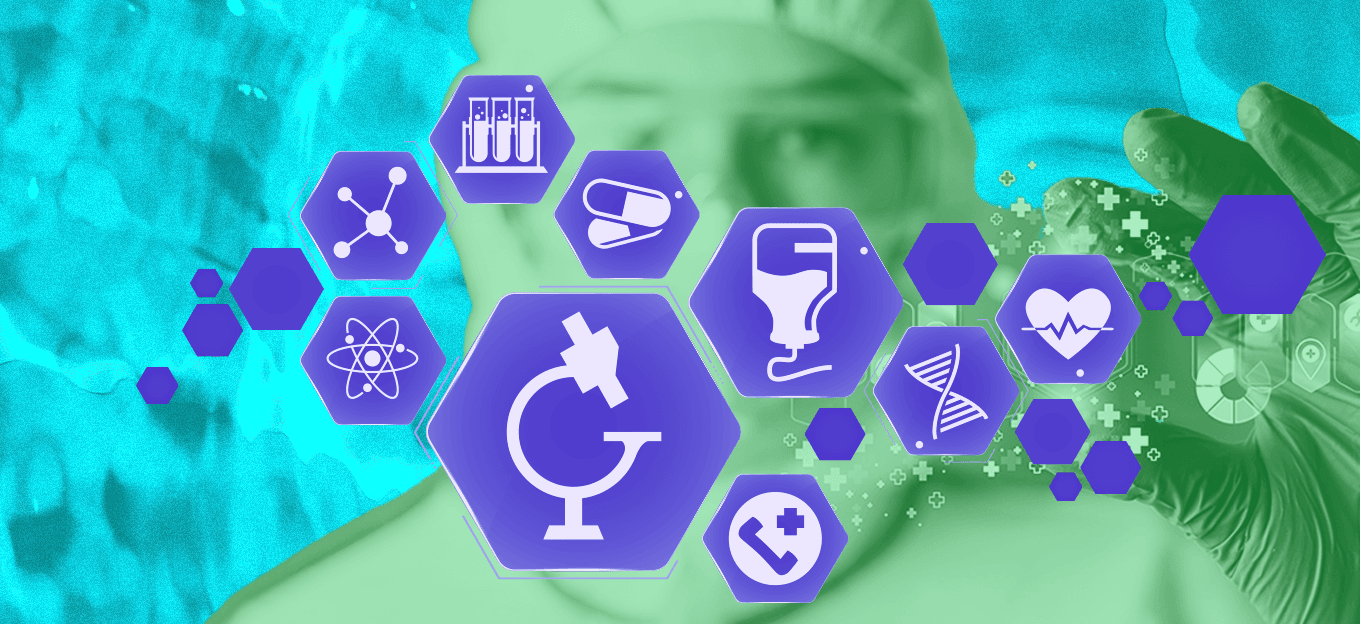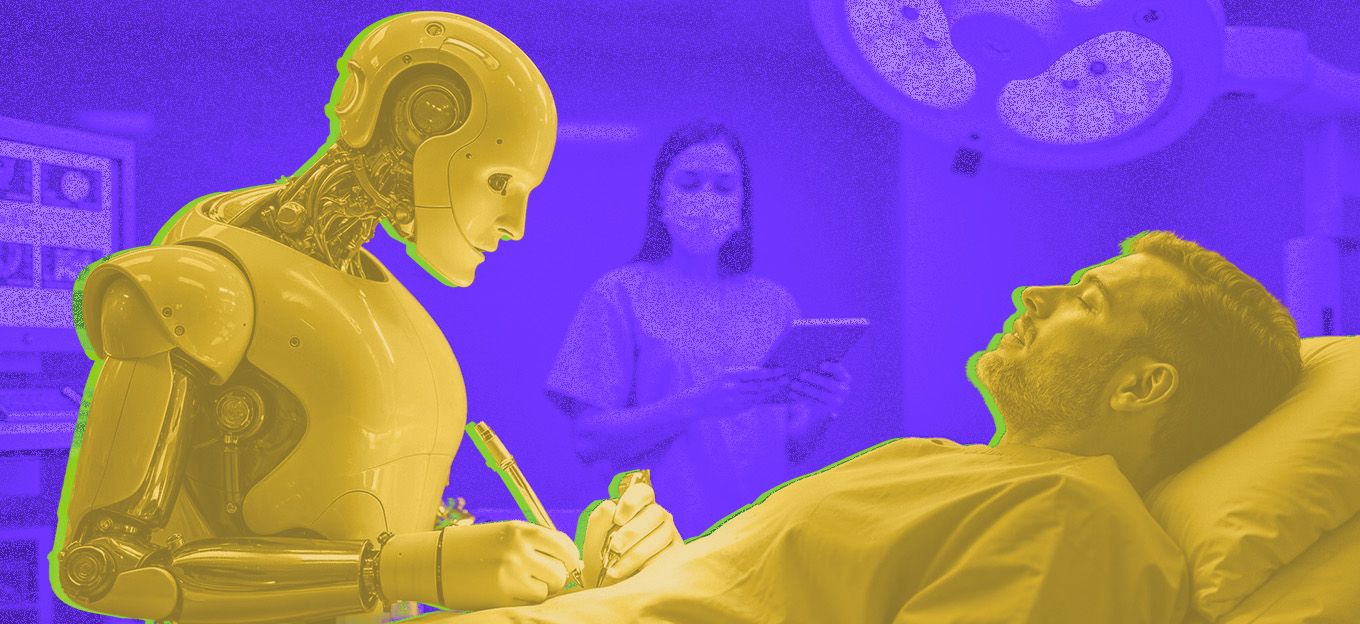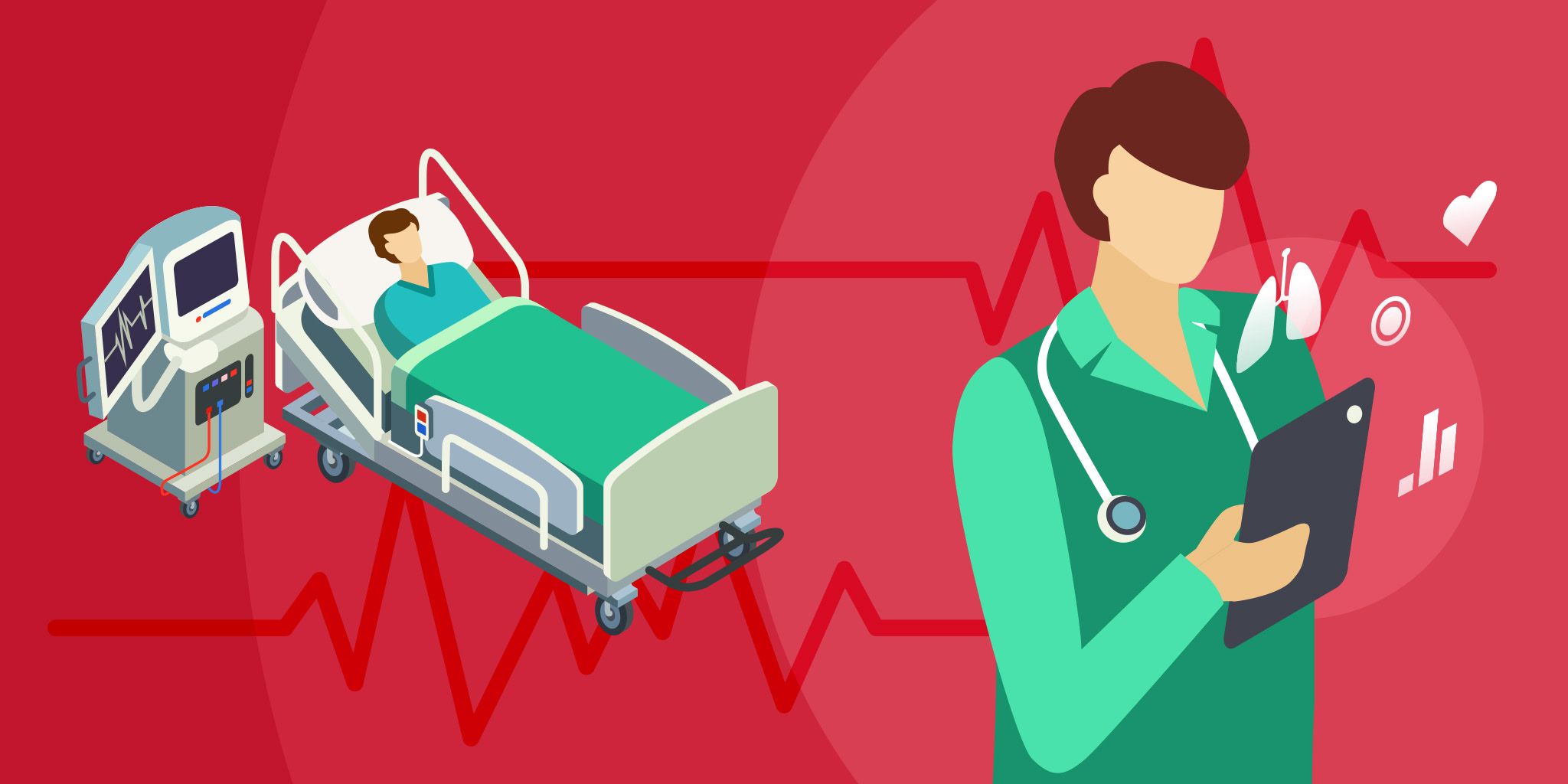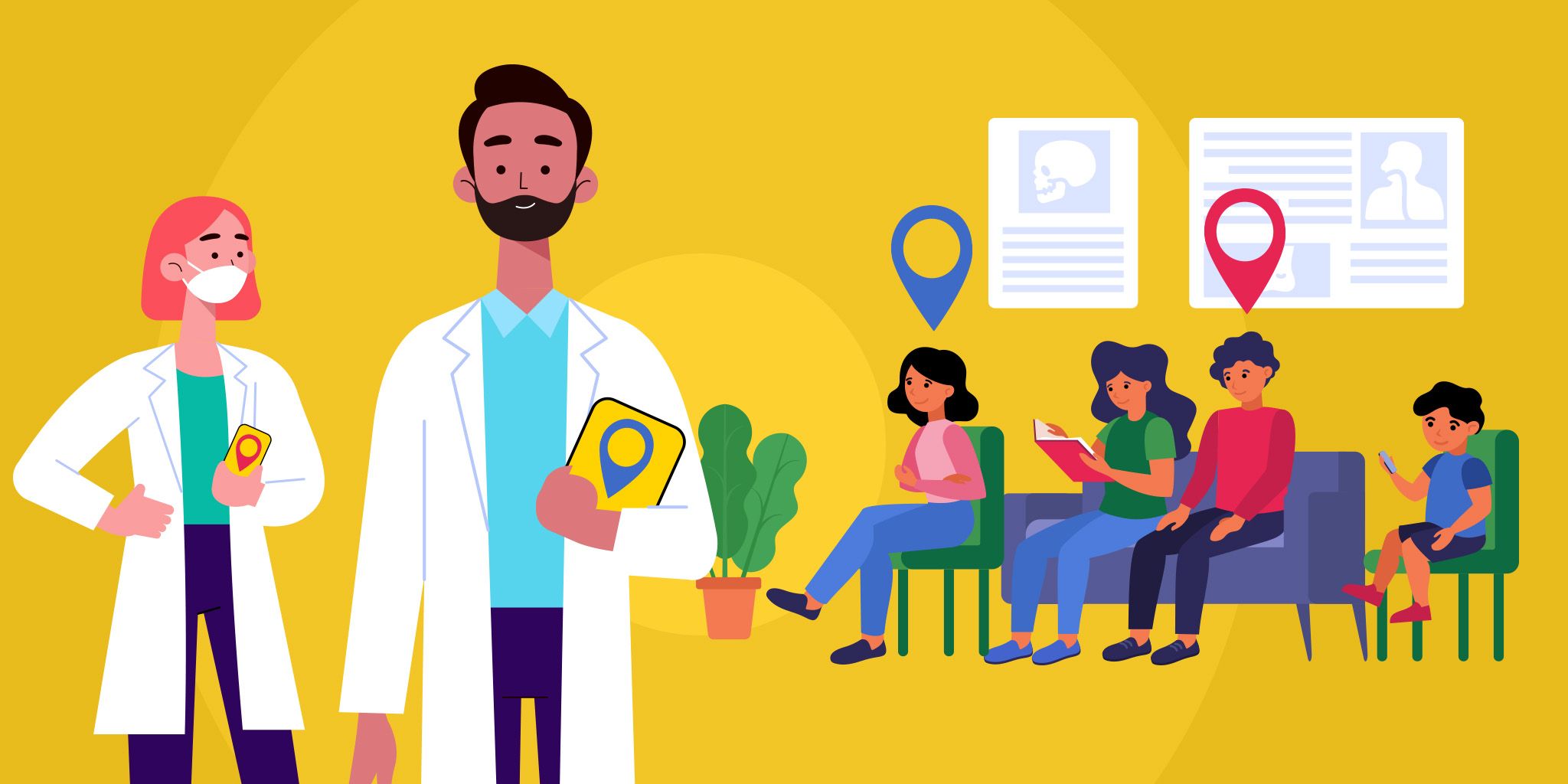Harnessing AI's Potential in Healthcare Product Development
Harnessing AI's Potential in Healthcare Product Development
- Last Updated: December 2, 2024
Rightpoint
- Last Updated: December 2, 2024



Product developers in healthcare technology are at the epicenter of a transformative wave that artificial intelligence (AI) is bringing. There is a building buzz about how AI will revolutionize healthcare, and how it can be leveraged to build impactful, human-centered solutions that deliver better outcomes for patients, providers, and more.
AI: A Game Changer in Healthcare
AI's potential in healthcare is not just about improving diagnostics or streamlining administrative tasks; it's about enhancing the patient experience. As an example, Hippocratic AI, a startup that recently secured substantial funding to develop a healthcare-specific AI model that understands the nuances of medical language and patient interaction better than a generalized model like GPT. This human-centered approach to AI development could significantly improve patient outcomes and accessibility.
The Challenge of Customization
The path to a healthcare-specific AI model feels exciting, but we know from experience it will also come with challenges. There are many paths that we can innovate across. Some companies are recruiting industry experts to build comprehensive training datasets, while others are focusing on customizing existing models with unique data and documents. However, a universally successful method for creating a custom version of GPT that truly delivers is yet to be discovered.
The Role of Product Developers
A product developer's role is not just about understanding AI fundamentals but also about identifying opportunities to implement AI in your projects. We could look to AI to analyze patient data, improve diagnostics, or personalize patient care as just a couple of examples. We are at the doorstep of possibilities.
It is important to remember that AI should augment, not replace, the human touch in healthcare. It's about using AI to enhance the patient experience, not to distance ourselves from it.
Ethical Experimentation and Patient Privacy
The opportunities that come with AI will allow us to push the boundaries of what is possible in the healthcare technology space. However, we must do so with ethics and integrity. We know experimentation is crucial, but it must be balanced with respect for patient privacy and data security, especially when dealing with Generative AI.
The Future of AI in Healthcare
The future of AI to transform the healthcare space is exciting. From science to patient empowerment, and an endless line of ideas that we haven’t even thought of yet, there is so much to be excited about. Leveraging AI in healthcare has the unique potential to aid humanity and this seems so much more important and impactful than using it to write an article or make a cool image. When used with thoughtful determination, finding the right ways to bring AI into healthcare tech will improve all our lives.
Truly understanding the potential of AI and identifying the opportunities to implement the technology and build impactful solutions with it will be a journey. Through this, we can shape the future of healthcare and its total experience – from digital products and patients to employees, and how they all intersect – to improve health outcomes.
The Most Comprehensive IoT Newsletter for Enterprises
Showcasing the highest-quality content, resources, news, and insights from the world of the Internet of Things. Subscribe to remain informed and up-to-date.
New Podcast Episode

Navigating the Future of Embedded Computing
Related Articles





